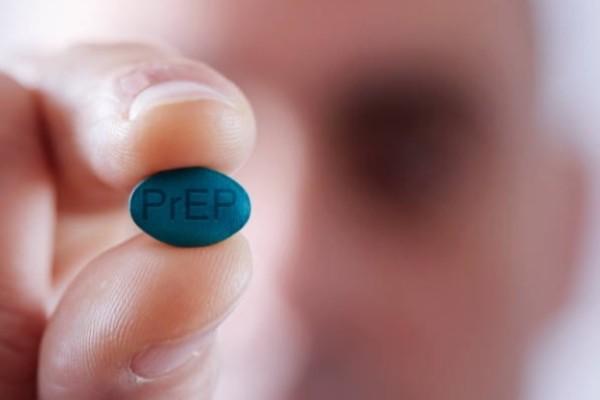
For Teachers & Professionals
Alarm Model for the Assessment of Sexual Functioning in Cancer Patients
ALARM is another very simple model that can be used for the assessment of the main areas of sexual functioning in cancer patients. Specifically, it follows Kaplan’s sexual response model and refers to the assessment of the following: sexual activities, Libido-desire, arousal and orgasm, resolution, and any medical history relevant to sexual functioning.
The following sample questions can help facilitate a conversation between health professionals and cancer patients.
1. Activity
This part refers to the frequency of current sexual activities such as intercourse, kissing, and masturbation. A physician might ask “prior to the appearance of any signs or symptoms of illness, how frequently were you engaging in intercourse (specific weekly or monthly estimate)?”, “do you share other forms of physical affection with your partner, such as kissing or hugging (or both) on a daily basis?”
2. Libido-desire
The Latin word libido, meaning "desire, lust", was borrowed by Sigmund Freud. At first he defined libido as the instinctual energy associated with the sex drive. Later he broadened the word's meaning and began using it to mean mental energy. Now it is simply used as a synonym for "sex drive". It can also be understood as a desire for sexual activity and interest in initiating or responding to a partner’s initiations of sexual activity. A physician might ask: “Prior to the appearance of your illness, would you have described yourself as generally interested in having sex?”, “Considering your current regular sexual relationship, who usually initiates sexual activity?”.
3. Arousal & Orgasm
Arousal is defined as a state of physiological and psychological excitation caused by sexual contact or other erotic stimulation. The physical and visible signs are the occurrence of erection for men and lubrication for women. Orgasm is a rapid pleasurable release of neuromuscular tensions at the height of sexual arousal that is usually accompanied by the ejaculation of semen in the male and by vaginal contractions in the female. A physician may ask a man: “Do you have any difficulty in achieving an erection? Do you feel emotionally aroused?”, “If you experience erectile difficulty, when did this problem start? How often does it occur? Do certain particular circumstances trigger its occurrence (with a partner only, for example)? What do you understand to be the cause of the difficulty?”, “During sexual activity either alone or with a partner, do you have any difficulty with ejaculation (coming “too soon” or only after an extended period of time)?”, “If you experience premature or delayed ejaculation, how long would you estimate that it takes, on average, to ejaculate after intensive stimulation begins?”.
When questioning a woman: “When you are interested in engaging in sexual activity, do you notice that your genitals become moist?”, “If you are postmenopausal, have you noticed any change in vaginal lubrication during sexual activity since the menopause, and are you currently taking hormone replacement therapy?”, “If you experienced arousal deficit, do you experience any pain with intercourse? How long have you had problems with becoming aroused during sexual activity?”, “Do some circumstances cause you to feel more arousal than at other times?”, “During sexual activity either alone or with a partner, can you experience a climax or orgasm?”, “If orgasm does not occur, are you bothered at all by its absence?”
4. Resolution
Resolution is a feeling of tension release and satisfaction after sexual activity. Examples of questions to inquire this are: “After intercourse or masturbation, do you feel that sexual tension has been released?”, “Do you have any feelings of discomfort or pain immediately after sexual activity?”
5. Medical History Relevant to Sexuality
It is important to take a detailed medical history, particularly bearing in mind those illnesses that may affect sexual performance. There are three main points that must be addressed: 1. Current age and medical history 2. Psychiatric history 3. Substance abuse history
REFERENCES
Andersen BL. How cancer affects sexual functioning (1990). Oncology (Williston Park). Jun;4(6):81-88; discussion 92-84.
Share the knowledge!
More For Teachers & Professionals Q&A

Voluntary Abortion and Professionalism

Sex-positive or Sex-negative?

The Problem of concepts such as Femininity and Masculinity in Sex education

Communication Strategies for Discussing PrEP

9 Principles for Sensitive Talks about Sexuality

Teaching consent to Young children (8 – 12 years old)
This is a website that WE are building together. If you have a question there is no answer to on this site, send it here!
